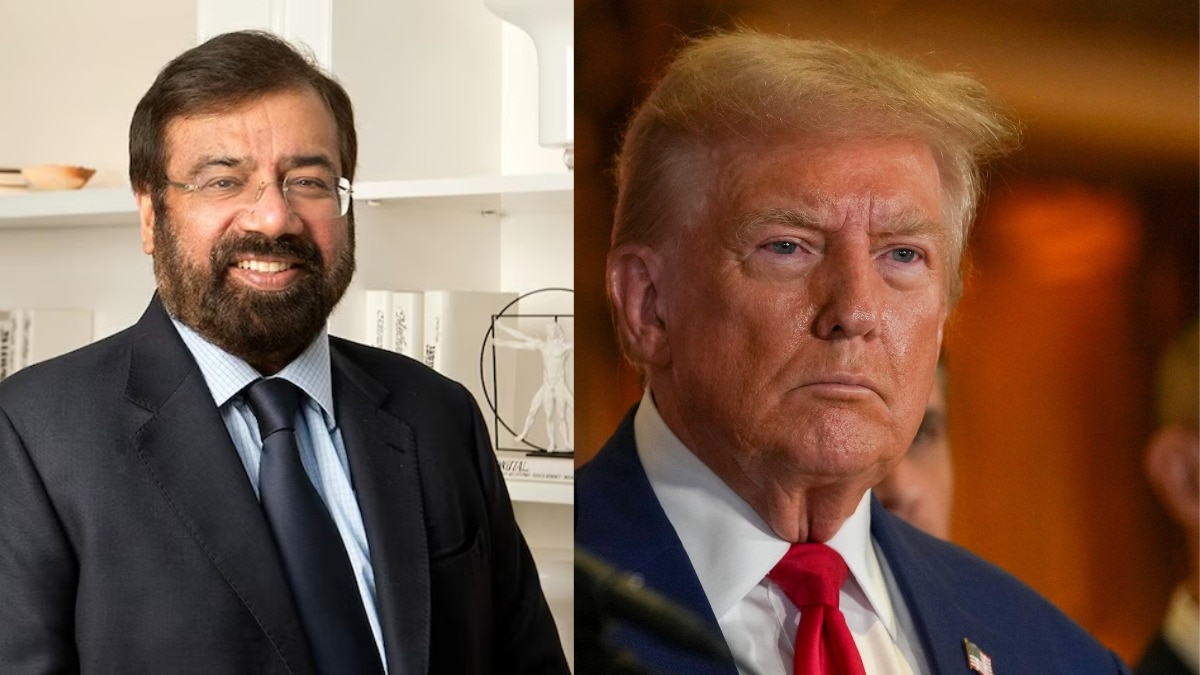RPG Enterprises chairman Harsh Goenka recently took to social media to share what India’s playbook should be to deal with US President Donald Trump’s 25 per cent tariff diktat. Goenka said that India should work on turning the challenge into an opportunity.
He further mentioned what India could do to convert the pressure by Trump into an opportunity. Goenka said that apart from riding on the ‘China+1’ shift, it is time for New Delhi to seriously work towards wooing Europe and ASEAN countries for trade opportunities.
He also mentioned that India’s pharma and steel sectors are largely safe and IT exports are untouched as of now.
In more positive news, defence experts believe that the 25 per cent tariff on Indian imports would not impact India’s mission to achieve self-reliance in defence. They are also of the opinion that Trump’s diktat would not impact the time-tested India-Russia ties.
While Trump’s statements on the Indian economy are particularly distressing, experts believe there won’t be much impact on the 10-year defence partnership between India and the US.
“Our relationship with Russia will remain unchanged, despite the US President’s concerns over oil and armaments deals with Russia. Russia has been our old partner, and no one can impact our relations. While Trump announced the tariff on India, Pakistan has been celebrating its deal with US,” an expert told India Today.
As per Maj Gen DC Katoch (Retd), US has been using Pakistan as per its needs. He further mentioned that Pakistani Army Chief General Asim Munir was not invited and was summoned instead by the US. He added that India does not even think about Pakistan as a “renter country”.
Besides the ongoing deals for MQ-9 Drones, Apache and F-404 engines, India and the US have recently announced the 10-year-long defence plans.
Dr Abhishek Srivastava, who teaches Diplomacy at the School of International Studies, Jawaharlal Nehru University, said: “The impact of the announcement on Defence ties is unlikely because the current India–US trade deal doesn’t directly include defence agreements, but it could certainly impact the environment for future strategic cooperation. While this mini trade pact focuses on goods like textiles and industrial products, defence deals operate on a separate track guided by shared security interests. In essence, while the trade deal isn’t about defence, it helps build the kind of goodwill and strategic alignment that makes deeper defence collaboration between the two nations more likely and sustainable.”







